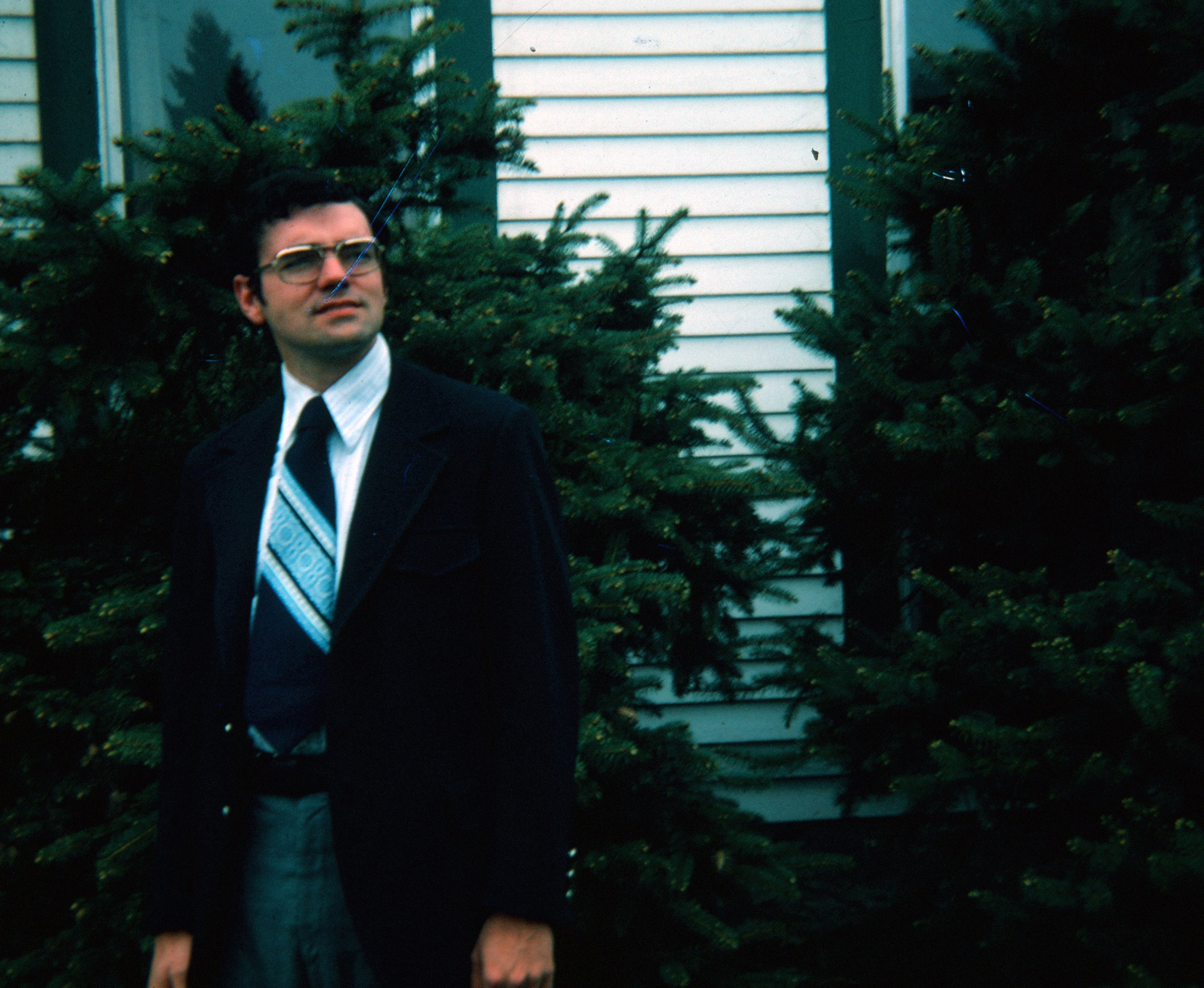
In the late 90’s, I visited our son, Matt, in Poland where he was working on a short-term mission for the World Student Christian Federation. During those ten days, we ate gelato in Warsaw’s Old Town, visited Białowieża National Park where the last of Europe’s elk and bison still play, and went to Auschwitz. When I returned, I had lunch with my friend, Ken. I described what a wrenching experience it was to see Auschwitz — especially to walk into the ovens.
Ken then said that he and his wife had a similar experience visiting Buchenwald. He said as they were leaving, feeling emotionally drained, he heard a man behind him speaking English with an American accent saying, “I thought it would be better than that.”
I often think about this story when I ask myself what kind of traveler I want to be — and don’t want to be. It’s a question I’ve had time to think about as Jacquie and I are stuck in a motel in Abilene, TX on our way to Tucson, AZ.
Modern spiritual writers tend to make a sharp distinction between tourists and pilgrims.
The stereotypical tourist is like the guy who thought a death camp tour should have been “better.” The tourist sees London on Monday, Paris on Tuesday, Rome on Wednesday. He checks Big Ben, the Eiffel tower, and St. Peter’s Basilica off his list — taking a selfie in front of each one. He goes home with T-shirts that say, “Been there. Done that.” But he is unchanged by the journey.
The pilgrim is someone seeking something (like a holy grail) or looking for a place (like Jerusalem) where, in some mysterious way, their love of God will meet the God of love. They may not put the journey in exactly those terms. I know people who have walked the Camino de Santiago in Spain. They were not devout Catholics who would thrill at finally arriving at the cathedral at Santiago de Compostela where the Apostle James is said to be buried. But, they were spiritual seekers looking for something beyond themselves. Pilgrims come home changed.
During this three-day ice storm, I have concluded that I am a combination of the shallow tourist and the devoted pilgrim.
Driving a Prius from New York City across the mid-South and Southwest to finally arrive at Tucson, AZ is closer to a whirlwind tour — six states in one day! Tucson is not exactly Jerusalem. Ostensibly, we are going there to spend February in sunshine — like all those folks I used to call “snowbirds.” I don’t think the grail is located in Tucson.
But, as I ponder this, I remember a story Milton Erickson tells in the book, My Voice Will Go With You. Erickson was an unconventional psychotherapist who often used hypnotism in his work. He said that when a patient was “stuck,” he often recommended a kind of pilgrimage. He told them to take the highway to a specific side road. After that, they should turn left and follow a dirt road the end and see if they can’t see something that tells them how to move on. The place he directed them to was an old gravel pit. There was nothing there but a pile of stones and a leaking, rusted water pipe. Yet, he said, clients almost always came back having found an answer that helped them change their lives.
The pilgrim is open to being changed by the unexpected. The tourist goes with an agenda, a checklist of sights to see and wines to taste. If the experience doesn’t meet his expectations, he judges that “it could have been better.”
A tour can sometimes become a pilgrimage in retrospect. As I look back on that trip to Poland, my most important memories are of Matt. One morning he bought a toothbrush and a mailer. We went to a post office. He paid hundreds of zlotys (the price of a loaf of bread) to have the toothbrush mailed to a young man in Romania who had helped him during the months he spent there. Matt had asked his benefactor if there was anything Matt could do for him in return. The friend asked if Matt would send him a toothbrush — unavailable in Romania at the time. Matt was keeping his promise. Since Matt died last summer, that part of my journey to Poland matters far more than having heard the bugler of Krakow end in mid-tune.
T. S. Eliot summarized what it means to be a pilgrim best in the poem he wrote about his own pilgrimage to a tiny village in England called Little Gidding:
“You are not here to verify,
Instruct yourself, or inform curiosity,
Or carry report.
You are here to kneel . . .’
In Tucson, I may take a selfie in front of a saguaro cactus. I will try to keep from judging whether it is a “good” saguaro cactus. Instead, I hope I’ll feel some awe before a plant tough enough to live a hundred years in the desert. I hope I will come home changed.











